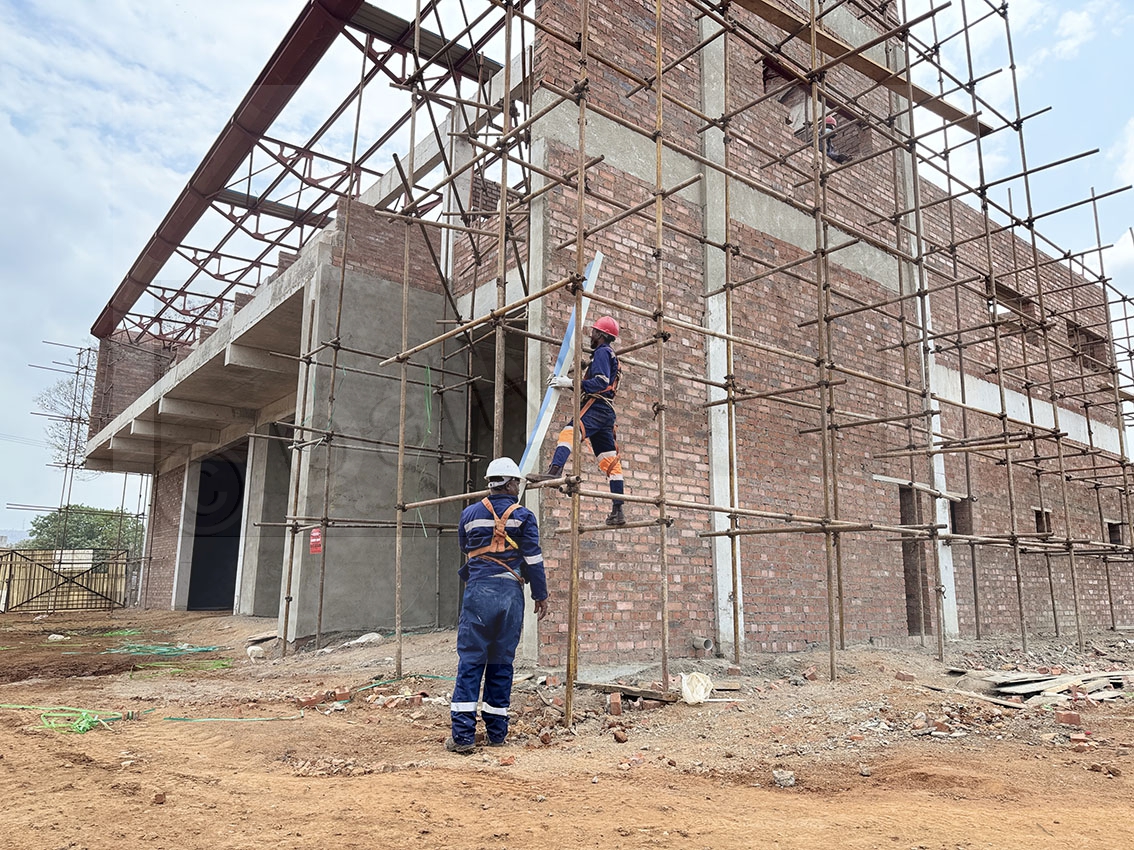Skills dev. key to economic growth
07 Mar 2023
The challenges of skills mismatch and the weak throughput of learners from primary school to tertiary has an impact on the quality of the labour force.
The HRDC chief executive officer, Professor Alinah Segobye revealed this during a stakeholder breakfast seminar held at Crocodile Camp in Maun on Monday.
The seminar was aimed at creating awareness and educating stakeholders about the mandate, functions and initiatives undertaken by the council.
Professor Segobye said the council had engaged other stakeholders to address the provision of education and training for Batswana.
She said HRDC had identified 12 sectors of the economy and developed human resource development plans to address the misalignment between the supply and demand for skills in the labour market.
Professor Segobye said that the North West region hosted some of the critical sectors such as mining and tourism, hence training was key to help learners acquire the right skills and become ready for the market.
Prof. Segobye further noted that the council was positioned to contribute to developing and shaping the skills, competencies, attitudes and behaviours of Batswana.
The education system, she noted, had a significant influence on the skill sets of learners and by extension, the work force.
“We aim to facilitate learning and skills development from cradle to the grave and we can execute our mandate by working collaboratively with different stakeholders that have a stake within the education system,” she said.
Furthermore, in line with promoting skills development for the country, she said the council was the custodian of the Human Resource Development Fund.
The fund, she explained was a levy-based grant where companies paid a levy into the fund and were reimbursed costs incurred for training their employees.
Prof. Segobye further highlighted that the council worked closely with education and training providers to ensure they developed robust and relevant institutional plans that were aligned to the needs of the different sectors of the economy.
The development of skills, she said, could contribute to structural transformation and economic growth by enhancing employability and labour productivity.
Participants also learnt that the council was part of the country’s education ecosystem; contributing to efforts aimed at turning around the education and training system from a supply-led to a demand driven system.
The council prepares the national human resource development plans as well as plans and advises on institutional planning, tertiary education, financing and workplace learning, among others, she said.
“The council is responsible for providing policy advice to government and other stakeholders on human resource development and to coordinate and promote the implementation of the national human resource development strategy,” she added.
For his part, the director of Human Resource Development Planning - Demand, Dr Fernando Siamisang stated that they assisted different sectors and map the direction the sector wanted to take.
He also revealed that they wanted learning institutions to be proactive and develop programmes that identified priority opportunities and skills which needed to advise the whole pipeline of development.
The council also monitors the labour market changes through periodic surveys and stakeholder consultations, he said further stating that, ‘our dream is to produce a globally competitive human resource so that when learners get to South Africa, they can fit well in the system’.
To achieve that, the council, he said, was working together with the Ministry of Basic Education, citing the introduction of the multiple pathways initiative which they supported.
Maun Senior Secondary School has been identified as Tourism and Hospitality instruction for career pathway, a strategy of government to offer early career specific education. ENDS
Source : BOPA
Author : Esther Mmolai
Location : MAUN
Event : Breakfast seminar
Date : 07 Mar 2023






